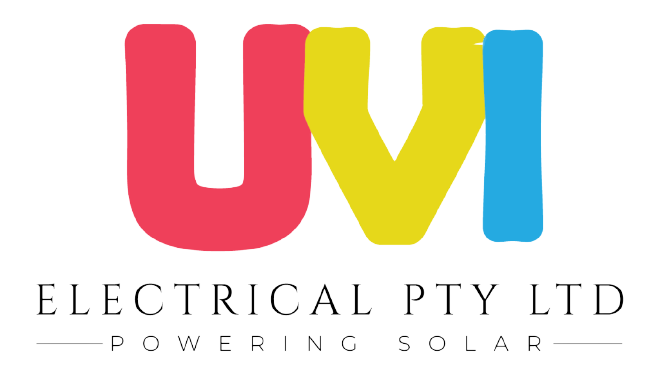Solar FAQ
Do you take care of the installations on your own?
-Certainly, UVI has a team of CEC-certified installers ready to assist you with your installation.
Will my solar panels be able to resist harsh weather?
-Solar panels are built to survive adverse weather conditions ranging from scorching heat to subzero temperatures. Our solar panels are also subjected to rigorous testing, where they are subjected to a variety of adverse weather situations. Thus, it is safe to state that they are quite robust, but if you are still concerned that the weather has harmed your solar photovoltaic panels, please contact us. Additionally, we propose annual servicing to ensure maximum efficiency.
What is photovoltaic solar energy?
-Solar photovoltaic (PV) energy is a renewable energy source that converts daylight to electricity via photovoltaic modules installed on the roof of a structure. Photovoltaic cells are composed of thin layers of semiconducting material (often crystalline silicon) that generate electricity when exposed to direct or diffuse sunlight.
Is photovoltaic energy truly effective?
-Yes. Due to the fact that the photovoltaic modules require only daylight to operate, they will generate electricity even on overcast and rainy days. Temperature also plays a role in determining the amount of power generated by a photovoltaic system. Each degree above 25 degrees Celsius increases the efficiency of a photovoltaic module by a fraction. As a result, a clear, chilly day is ideal, as photovoltaic modules perform better at cooler temperatures.
Are there any advantages to installing a photovoltaic system?
-Yes. After the system is installed and commissioned, you own it, gaining ownership of a long-term, cost-free supply of electricity that is not subject to price rises. You’re not only saving money, but also actively preserving the environment. Solar photovoltaic systems are silent, have no moving components, require no maintenance, have a long lifespan, and emit no CO2. In a nutshell, it generates clean energy for years to come.
What type of maintenance (if any) is required for a photovoltaic system?
-Solar photovoltaic systems operate quietly, have no moving parts, and require no maintenance. Generally, rain will keep the modules clean. However, a buildup of dirt might have an adverse influence on the system’s performance. Although the degree of soiling varies by region, dust collection and self-cleaning typically attain a stable state after a few weeks if the array is tilted at least 15 degrees. Dust can result in a 10% loss in power in extreme circumstances. The system should be designed in such a way that uneven soiling is minimized. Annual servicing is recommended to ensure maximum efficiency.
What size photovoltaic panel do I require?
-This is not a straightforward question. It’s entirely up to you how much money you want to invest, how much electricity you want to create with photovoltaic panels, and how much un-shaded roof space you have. It is not required to use solar PV to generate 100% of your home’s electricity (because you will still be connected to the national grid). Therefore, even if your photovoltaic system only delivers half of your electricity, it will still significantly reduce your carbon footprint! Contact our staff to discuss your specific requirements and we will recommend the appropriate system size.
Are there grants available for solar?
-Government funds have ceased, but they continue to offer an incentive in the form of STCs (Small Scale Technology Certificates), which can be used to offset the cost of a household photovoltaic installation.
What happens if I generate more energy than I require or consume?
-When your solar panels generate more electricity than your home consumes, the excess energy is fed back into the grid for use by other homes. Following the installation of a solar system, we will notify the energy provider to install a bidirectional meter that measures the quantity of electricity imported and exported; you will be able to earn a credit for the electricity exported. This can help you save money on your electricity costs and ensure that none of your green energy is squandered. Certain energy firms are providing up to 11 cents per kilowatt-hour for electricity exported to the grid!!
How much energy am I going to require?
-The average household with three bedrooms consumes roughly 6,497 kWh per year. We urge that you review your previous three utility bills or speak with your energy supplier in order to provide us with an accurate estimate to work with.


